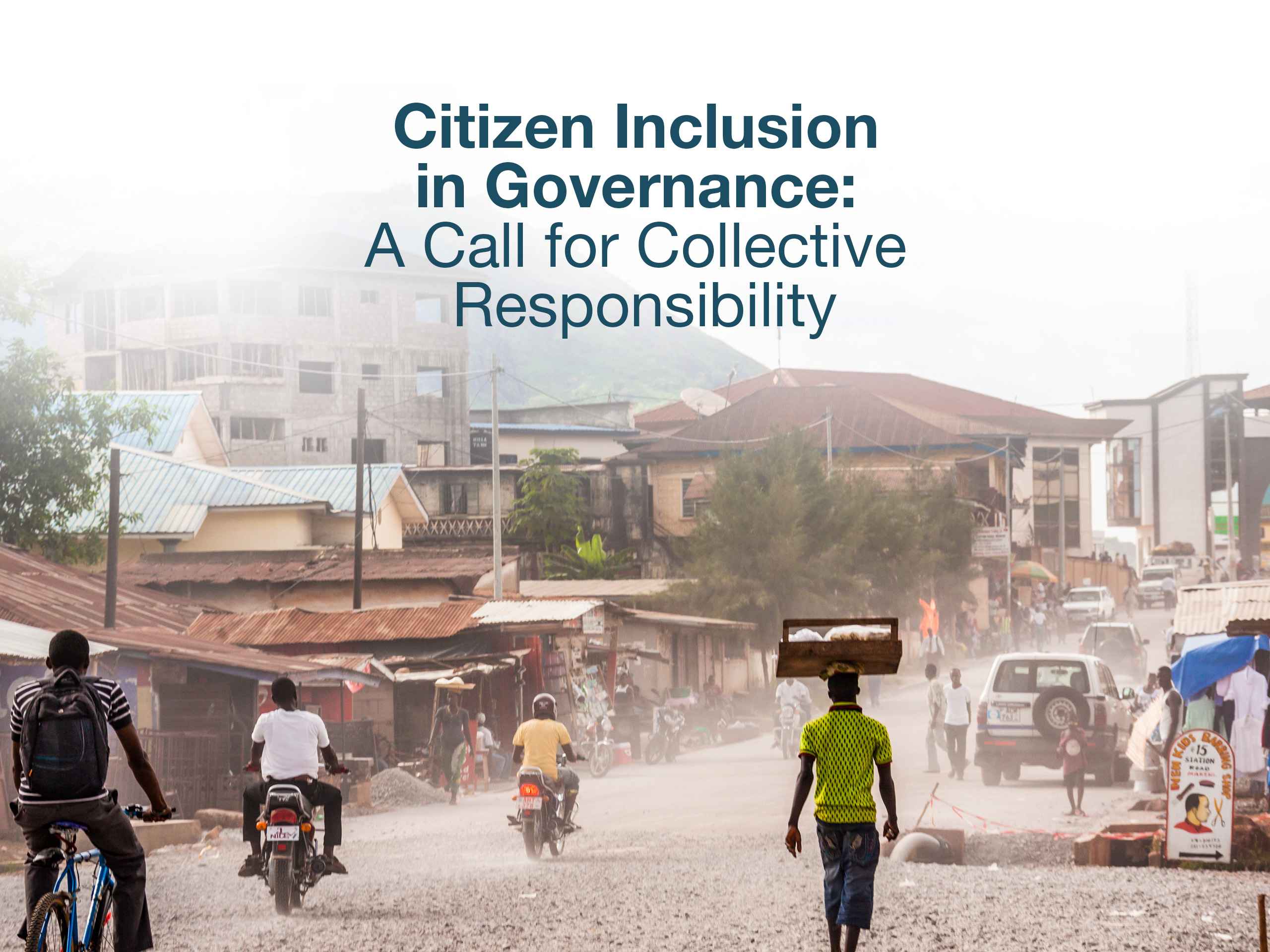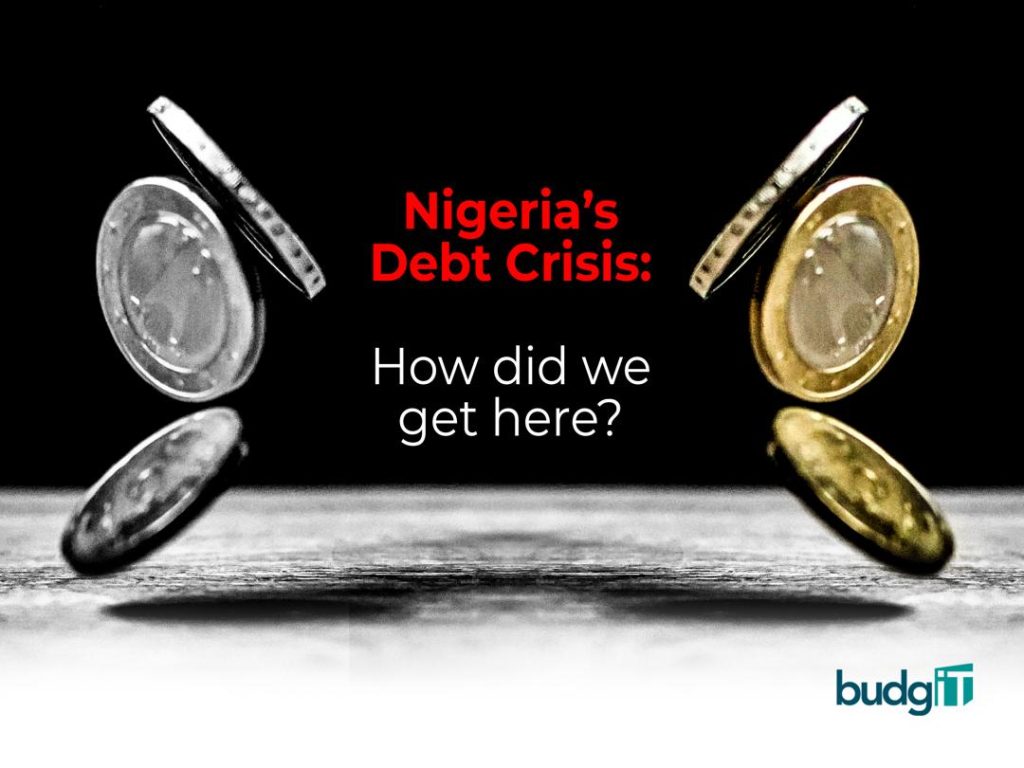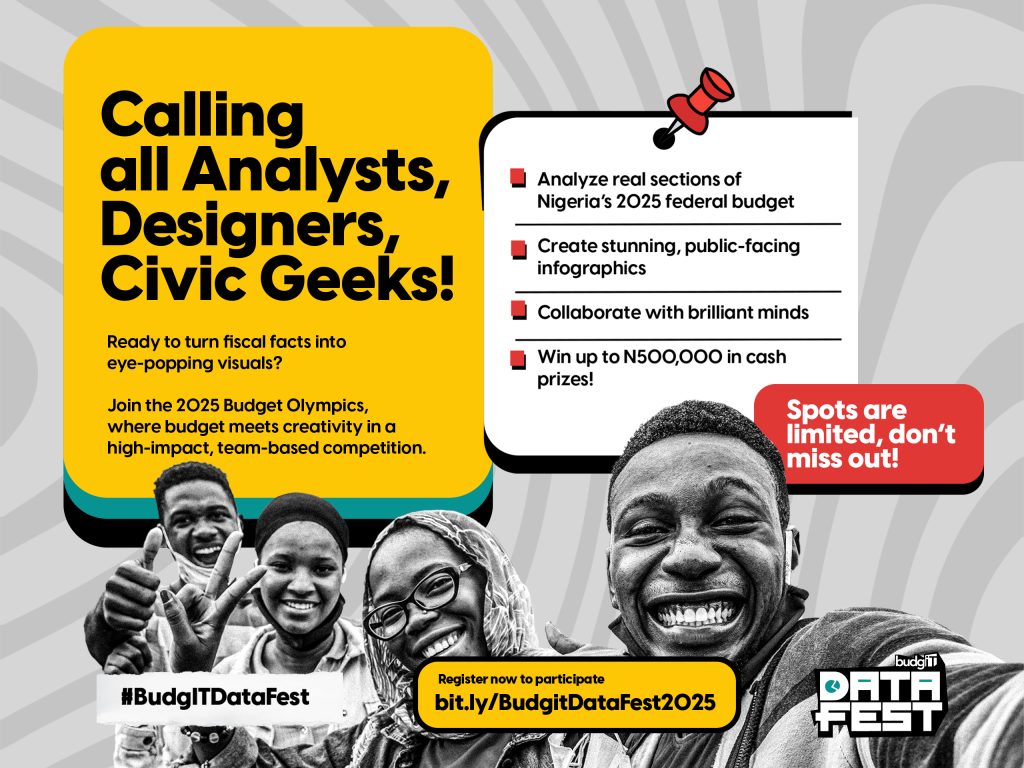Whatever you want to do will not make a difference. The corrupt people are more than those with good intentions, so why should I bother? Anonymous.
In every community, there is a yearning for transparency, accountability, and active participation in governance. Whether you believe this or not, it is there. Yet, despite democracy’s noble intentions, the reality often falls short. Why? Because citizens are frequently sidelined from the decision-making process, they feel disconnected and disempowered.
The Problem: Citizens Excluded from Governance
Picture this.
You are a passionate Nigerian eager to contribute to your community’s growth and development. Yet, as you explore the intricacy of governance, you are met with a bewildering maze of acronyms, budget jargon, and impenetrable bureaucracy—then you are like, this thing is too difficult, abeg—then you pull back. This is the unfortunate reality that many citizens face when trying to engage with governance. Whether understanding budget allocations or tracking public projects, the process is often complex and wrapped in mystery.
The reasons for this exclusion from governance are as diverse as Nigeria itself. They stem from various factors, including a lack of citizen ownership, minimal participation, and inadequate awareness of civic duties.
Not Making a Difference: One significant barrier to engagement is the perception that individual efforts will not yield meaningful change. Many citizens feel disillusioned, believing that corrupt individuals within the system outnumber those with genuine intentions. This skepticism leads to apathy, with individuals questioning the value of their involvement in civic affairs when they perceive their contributions as inconsequential.
“Whatever you want to do will not make a difference. As a citizen, why should I invest my efforts when the influence of corrupt individuals outweighs those with noble intentions?” Cynthia from Lagos
Security: Another reason citizens often refrain from getting involved in governance is due to security concerns. The regular Nigerian ‘cannot come and go and kee themselves.’ The prevalence of violence and arbitrary use of power by those in authority can create an atmosphere of fear and intimidation. When individuals perceive that speaking out or taking action on political matters could jeopardize their safety or even their lives, they are understandably hesitant to engage in governance activities. In Nigeria, more often than not, citizens have witnessed instances where individuals who challenge the status quo or advocate for change are met with severe consequences, including harassment, imprisonment, or even extrajudicial killings. In such environments, the mere act of voicing dissent or participating in political activities can be perceived as a direct threat to one’s well-being. As a result, many people avoid involvement in governance altogether, prioritizing their safety and security above all else.
“You see this country, they do kill people anyhow. Anything that is a threat to my life, I do not meddle in it.” Micheal from Ogun
No Sense of Citizen Ownership: Another reason for citizen disengagement is the absence of a sense of ownership over the governance process. Many Nigerians only become active participants in the political sphere during election seasons, where they cast their votes and then retreat into the shadows. There’s a prevailing attitude of detachment, where citizens feel disconnected from the decisions of those in power. Instead of actively shaping policies and holding leaders accountable, some individuals limit their involvement to online activism, expressing grievances but failing to take tangible actions.
“ You see this government thing, ehn? Just leave it. It is not my father’s business, so why should I bother myself? ” Fawaz from Lagos
Minimal Participation: Another subset of Nigerians merely observe from the sidelines without actively engaging in the political process. These individuals often complain about the state of affairs but refrain from taking meaningful action to effect change. This passivity perpetuates a cycle of apathy, where citizens feel powerless to make a difference and choose not to participate in governance.
Lack of Awareness of Civic Duties: Most Nigerians must know their fundamental role in the country’s governance. The “office of the citizen,” wherein every individual holds significant power and responsibility, remains elusive to a large portion of the population. Without a clear understanding of their civic duties, citizens are less likely to engage in political processes actively and hold their leaders accountable.
So, What Should We Do?
Going forward, we must transition from mere observers to active participants in our democratic processes. It’s not a day’s job, but we must start somewhere. To achieve this, we must first educate ourselves by utilizing available platforms and understanding the impact of government spending on our communities.
The Tracka Mobile App, available on the IOS and Android playstore enables one to report and monitor projects in their community, ensuring project execution accountability. So, if your community has a need—road, school, water, primary health center—you would like the government to attend to, you can submit it on the Tracka Mobile App and get it to your elected leaders to take action. Here are some easy steps.
With Govspend, individuals can monitor the federal government’s actual releases to its ministries, departments, and agencies, track recipients of government funds and contracts, observe amounts deposited into accounts, and even report contractors who have received allocations but have failed to deliver their projects or abandoned them and the outflow of money from the Treasury Single Account(TSA).
PHCTracka allows community members to assess the services and conditions at their local Primary Healthcare Centers. Asking questions like “Are you happy with the services and conditions at your community’s primary health care center?” prompts citizens to reflect on their experiences and provide feedback. In summary, one can report primary healthcare needs in their community, facilitating targeted interventions and resource allocation.
Open States allows access to state budgetary data and documents—the citizen’s budget, approved budget, proposed budget, state policy statement, budget implementation report, and state financial audit report—enabling citizens to scrutinize government expenditures and advocate for priorities. Here are some breakdowns of what these mean.
Meanwhile, access to allocations for states and local governments has become easier with www.me.budgit.org. Now you can see how much your state and local government is receiving from the comfort of your home and ensure in your little way the funds are well spent and the projects are well executed.
With the State of States dashboard, citizens and stakeholders can stay informed with accurate and up-to-date information on the subnational governance reform decisions of Nigeria’s 36 states, empowering them to engage in informed discourse and advocacy. The dashboard also keeps citizens and stakeholders abreast of the fiscal performance of the 36 states of the federation. It has actual data sets from years, which can be used to empower citizens to engage in informed discourse and advocacy.
FG Budget Dashboard examines federal budgets in a simplified form, demystifying complex financial documents and fostering greater understanding among citizens.
Governance is at our fingertips, and we must not hesitate to voice our concerns and opinions through various channels, from simple actions like tracking projects and advocating for improvements to scrutinizing spending. Remember, shouting is one thing, and expressing frustration that things are going wrong is another, but utilizing these tools and demanding accountability is the G.O.A.T.



